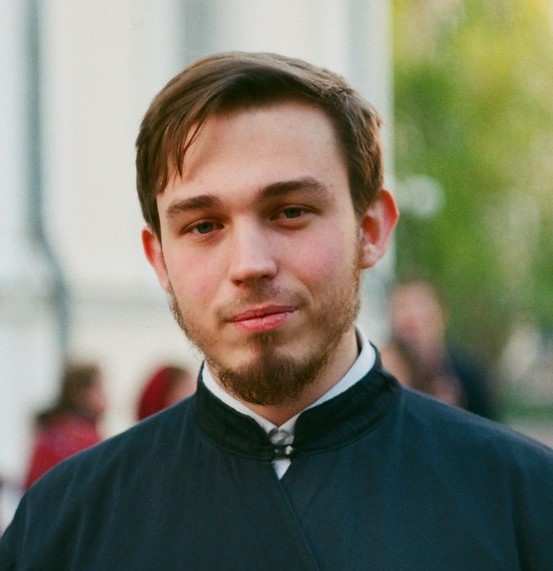The article analyzes the opposition to the level of education of religiosity and large families. Interviews with 20 families of priests as practicing believers with different educational levels were taken and analyzed to consider the problems. We divided the families of priests into three types: traditional; intermediate; managerial. The traditional type is characterized by the respondent’s trust in God in their views on childbearing, in evaluating non-abortion contraception as a sin. Intermediate respondents talk about trusting God in the matter of having children as an ideal, and about using contraception as an acceptable action, compromise and lack of faith; allow its use in relation to their own family. It is common for managerial type respondents to talk about the use of contraception not as a church norm, but as an action relating to the sphere of individual choice of spouses. It is justified by the health, financial condition of the spouses, their desire to be realized in the profession, their own relationships, etc. The study shows that in each type of priestly family attitude to childbearing you can find mostly educated people. The study demonstrates that in each type of priestly family relationship with childbearing, predominantly educated people are found. As the results of the study presented, we write about the absence of a direct correlation between the level of education and attitudes towards childbearing in clergy families, and we also propose considering the construction of types of religiosity that appeal to a person’s attitude to childbirth and birth control.
Keywords: rational model of choice, trust, fertility plants, birth control, marriage and family, family of priests, education, religiosity
About the author
 |
Dmitry A. Markov – Master of Theology, post-graduate student of St. Tikhon’s Orthodox University, |






